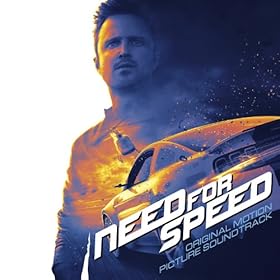The success of a movie doesn’t simply depend on the actors, director, and the script. Porpoise Tune is the equal of something that Buffalo Springfield, The Lovin’ Spoonful and co released on the time, whereas the playful Daddy’s Tune (written by Harry Nilsson) and the reflective As We Go Alongside went onto affect the likes of The Flaming Lips, Mercury Rev and different practitioners of cosmic Americana.
Whichever means you wish to have a look at it though, it is a magical collection of songs, from the aforementioned dance and punk scenes (Underworld, Leftfield and Iggy Pop) and the crème de la crème of British indie music – New Order, Blur, Primal Scream and Pulp.
In interviews with the songwriters and producers who worked on the venture together with her, it turns into clear that Houston, both in the best way songs had been custom-constructed for her voice and persona, and in the best way she made those songs her personal, played a central role in shaping The Bodyguard’s sound.
As someone who has been soundtracking movies for more than 20 years, Houlihan knew in principle the right way to convince them and their licensors—bartering, negotiation, outright pleading—but the soundtrack-licensing sport right now is far completely different than it was when he was discovering music for Austin Powers.
The opposite two songs Houston chose for the soundtrack weren’t specified in the movie’s script, and have been the most personally significant to her: a pop model of the gospel commonplace Jesus Loves Me,” and a canopy of Chaka Khan’s funky 1978 hit I am Each Woman.” The script known as for a gospel music for Rachel Marron to sing together with her sister, out in the woods, as she escapes threats to her life in the city.